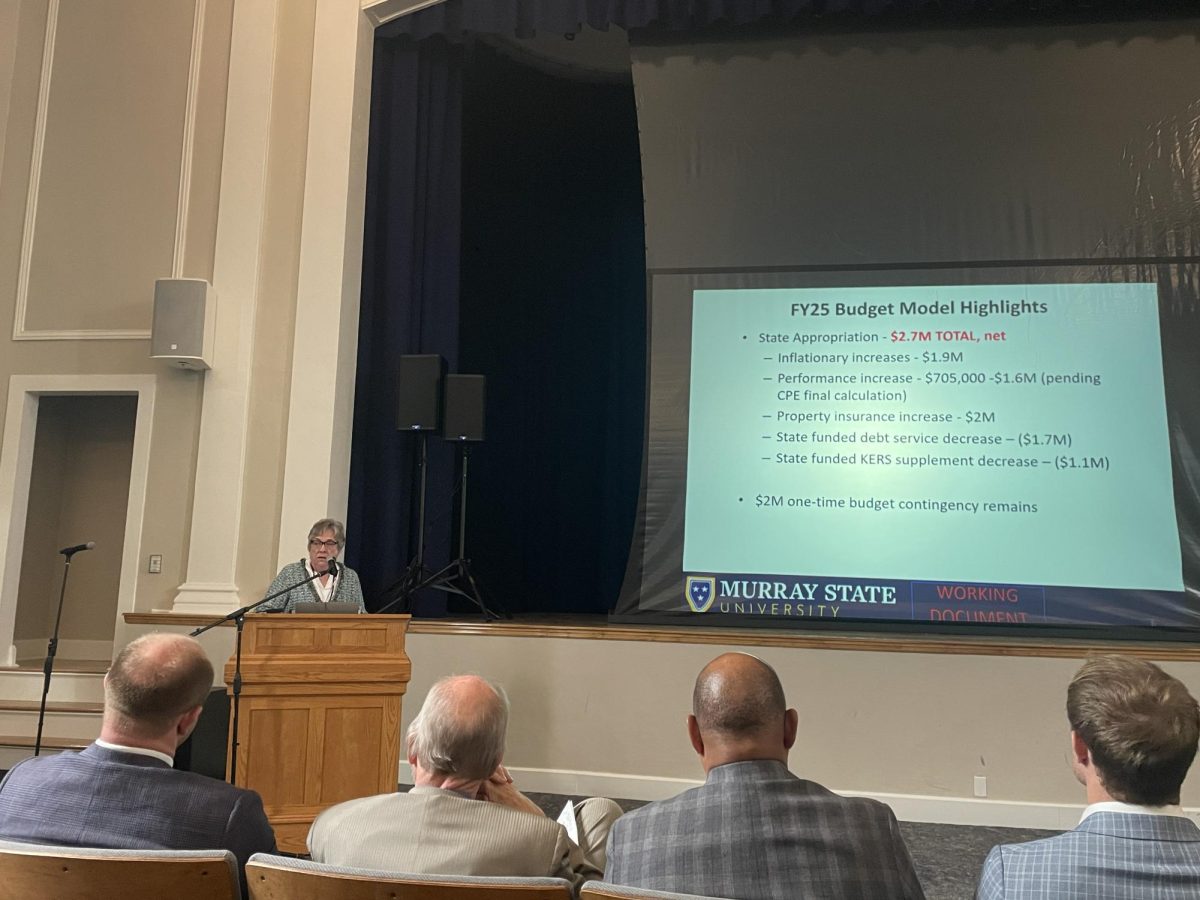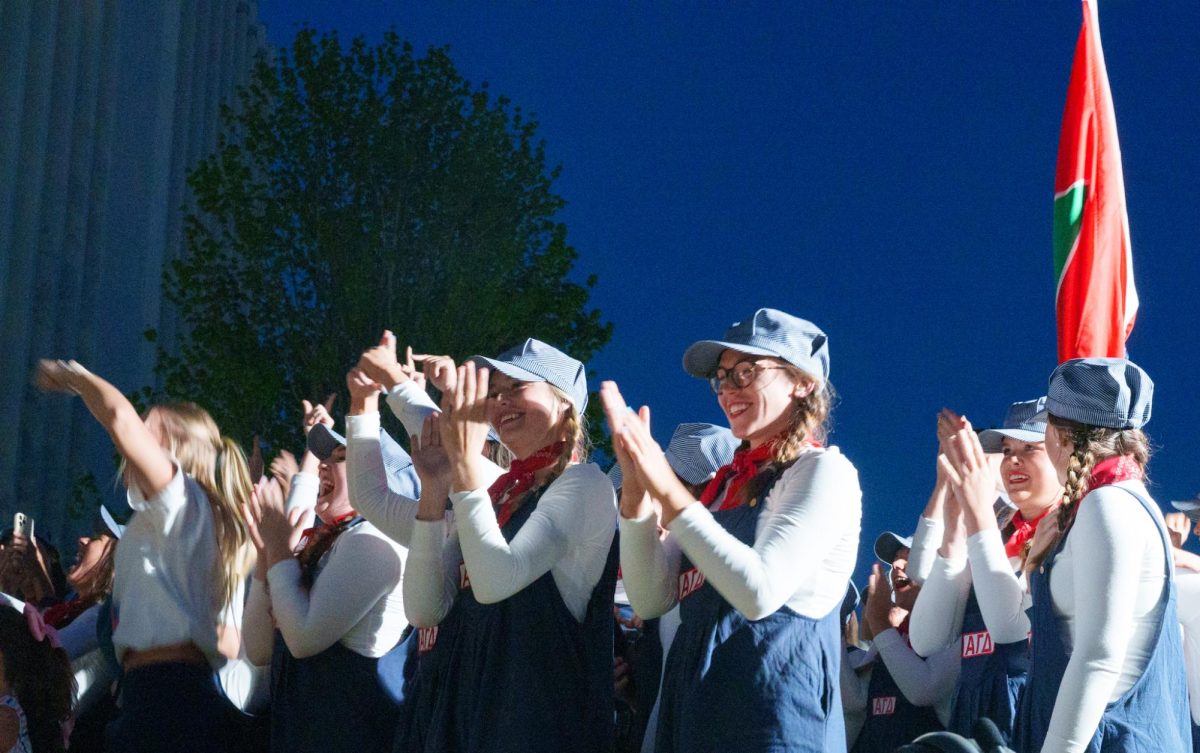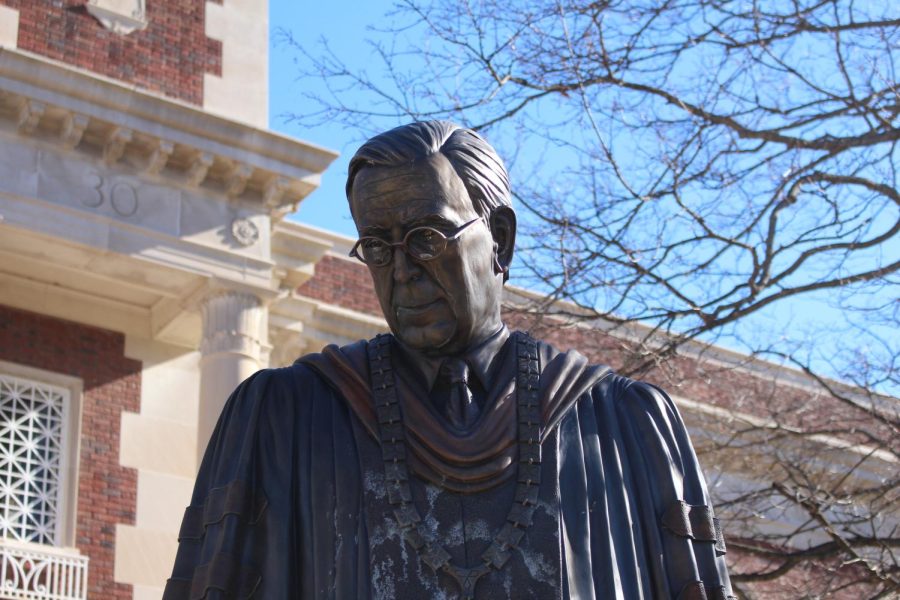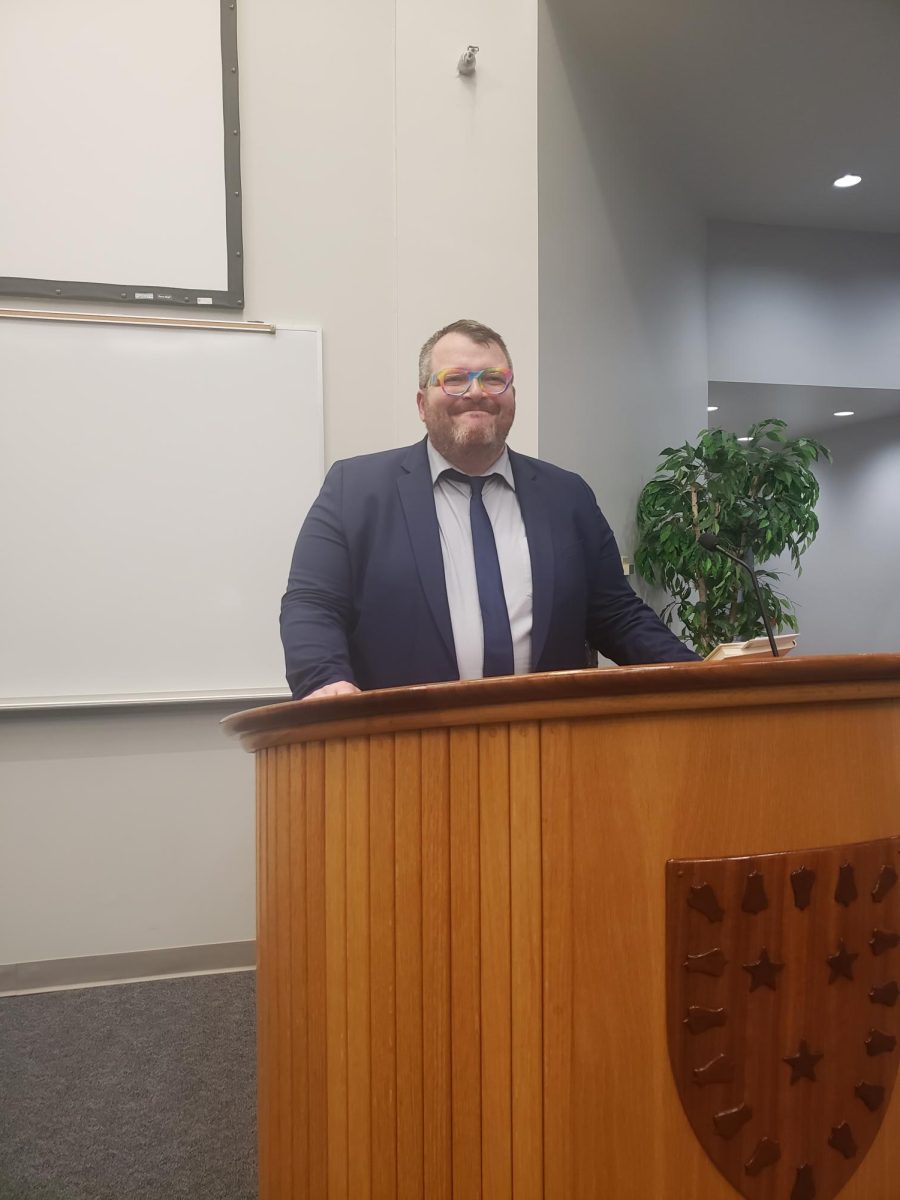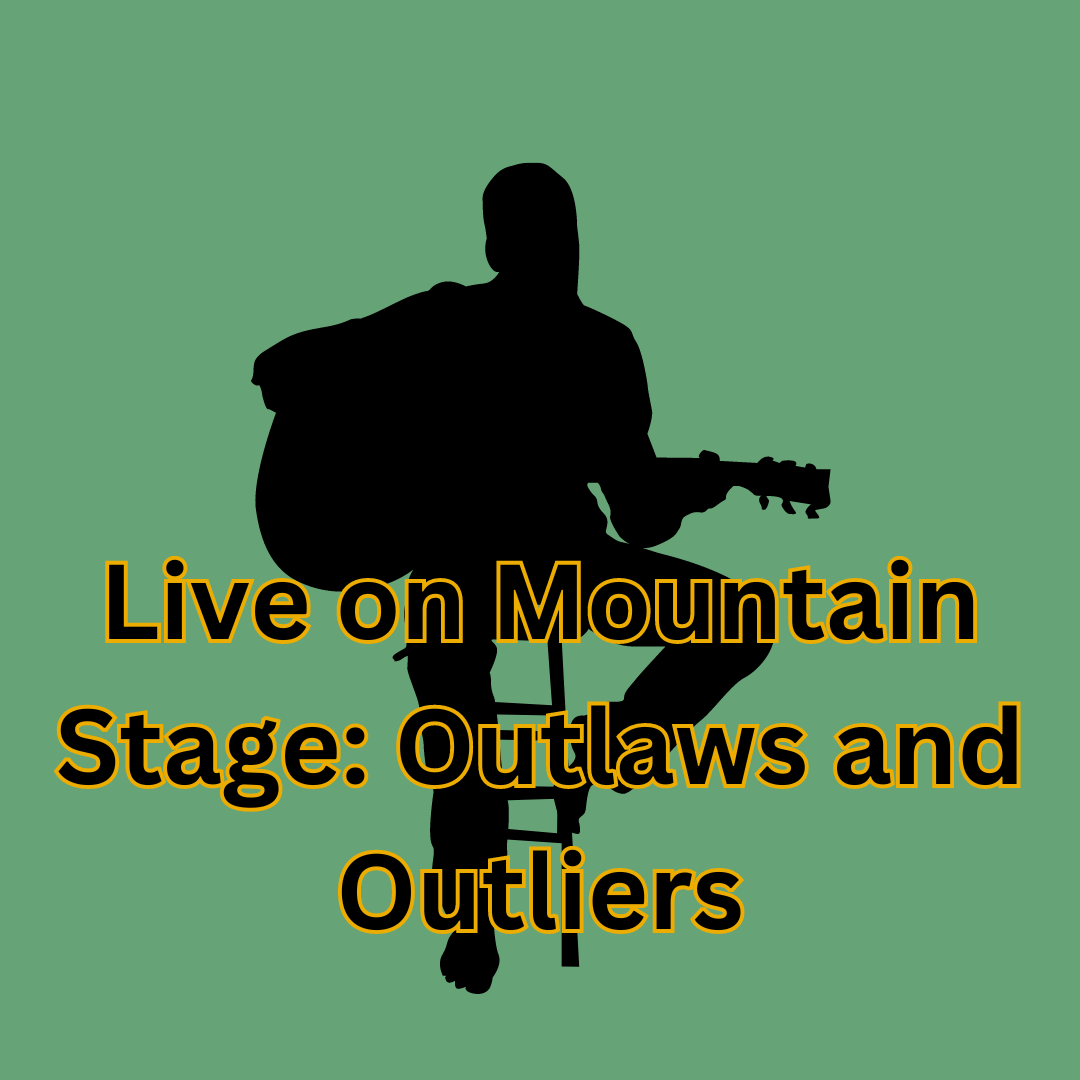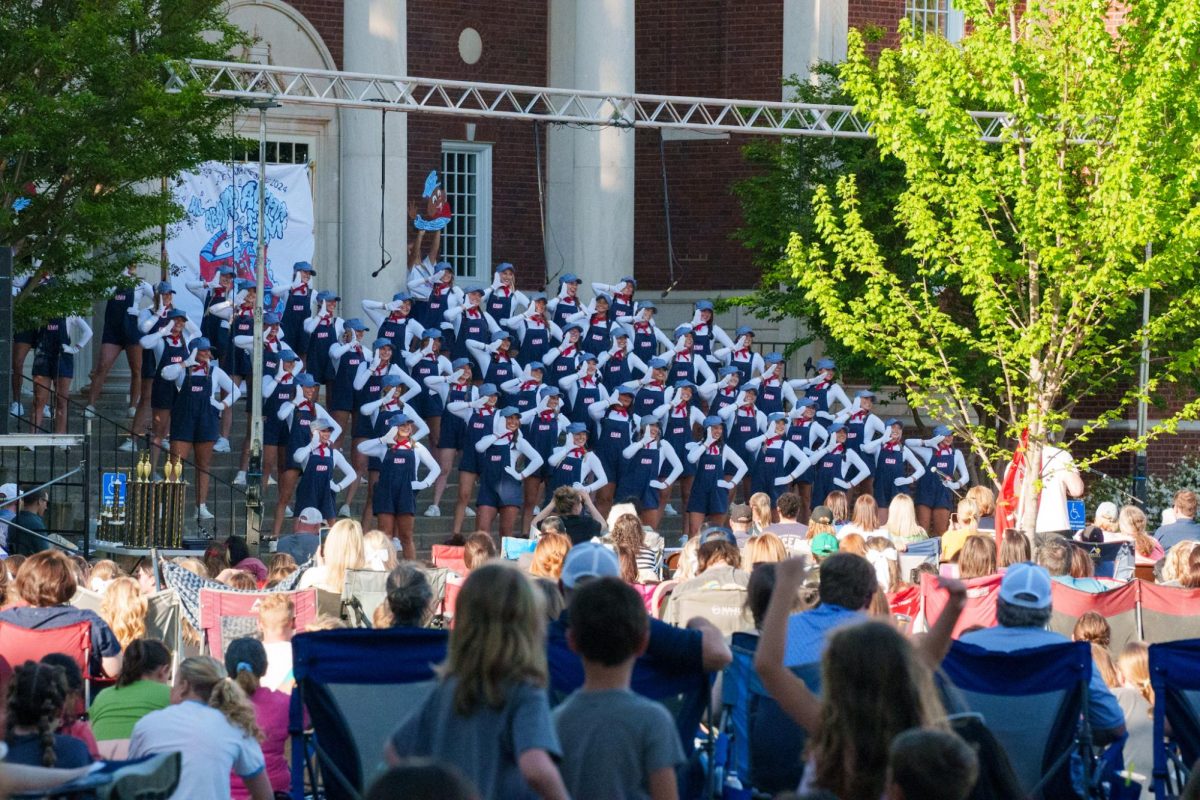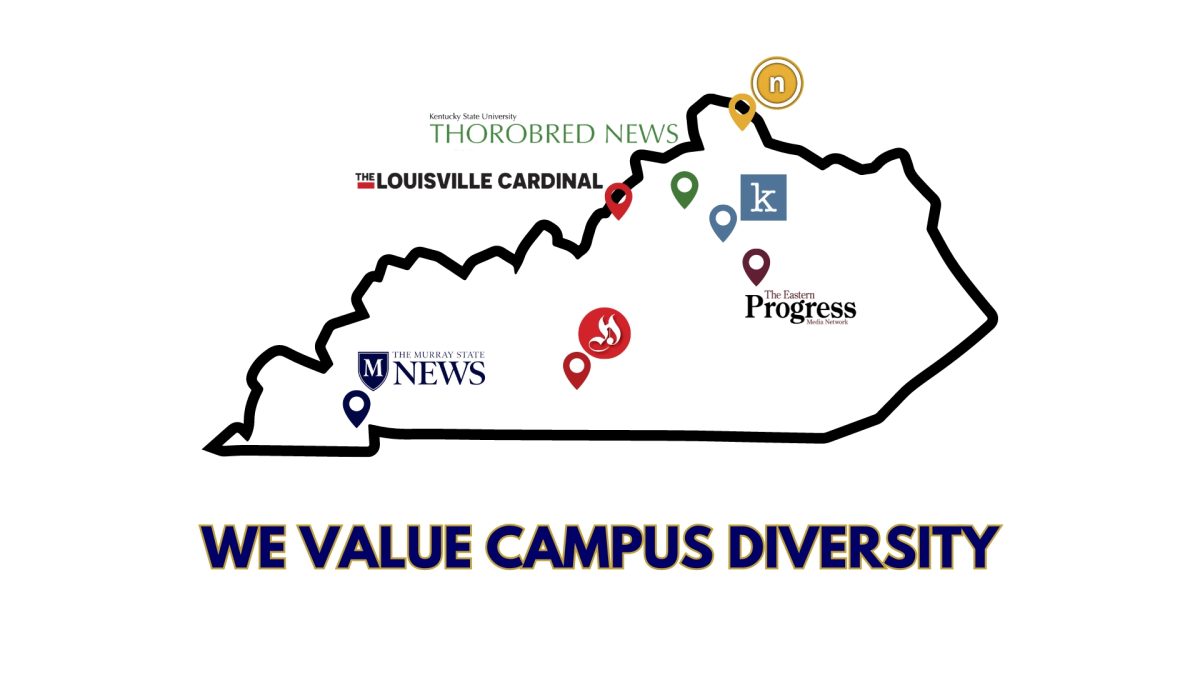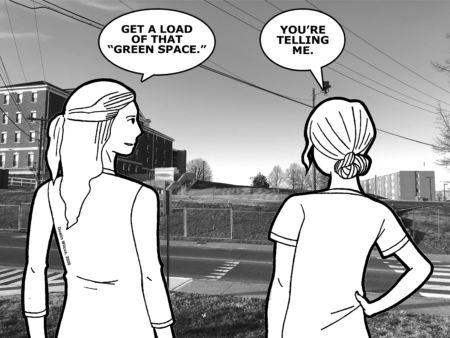Written by Tyler Anderson, Opinion Editor
Santa Clara County, California typically goes by a name synonymous with the largest tech companies in the world: Silicon Valley. But as the richest in the area grow steadily richer, the poor are pushed out of their homes and into the streets. This hotbed of technological innovation has experienced skyrocketing rent prices, driving lower-income families to abandon the area.
But all is not lost. Cisco Systems recently pledged $50 million to fight homelessness in the area. In October 2017, Google committed $1 billion to backing nonprofits which train American workers, unemployed and otherwise. While there are likely tax breaks and other incentives to do so, no one is forcing these companies to give back.
This could potentially signal a shift in how socioeconomic relations between a company and its community are to be more closely linked in the future.
In our modern society, businesses are the cornerstone of our neighborhoods and cities. One’s local farmer’s market, bank and processing plant, for example, are all connected by the people who maintain and run them. The money made by those workers often goes back into nearby businesses. It’s a fragile status quo which has been threatened by the burgeoning pay disparity between employees and their employers.
Though, if we’re being honest, these particular donations put a negligible dent in their respective companies’ bottom line. Google alone had a recorded profit of over $109.65 billion in 2017, according to reports by Statista.com. The other philanthropic endeavors of Google aside, what’s being done in the fight against poverty and homelessness is but a fraction of what could actually be accomplished.
Economists and shareholders would be quick to demonize this sort of thinking. These are businesses, not charities of course. They shouldn’t be obligated to do anything other than provide a product which generates profit. Limited philanthropy means tax breaks and good public relations, but profits should go largely untouched, shouldn’t they?
This mindset has brought in record paychecks for executives, while the everyday worker struggles to afford groceries. Shortcuts in production processes meant to save money have led to environmental damage and the use of cheap but harmful materials. The bottom dollar has come to mean more than the wellbeing of our nation’s most vulnerable.
I’m what many would call a typical liberal. I believe the rich have a moral obligation to assist those without the means to assist themselves. I believe that when big businesses thrive, it shouldn’t be at the cost of their workers being impoverished.
In a recent interview, Bill and Melinda Gates confessed that they don’t feel it’s fair that they are so rich. What could they possibly do with all their money that wouldn’t be better off being used to improve the lives of communities across the country? I’ve thought the same thing on evenings spent fretting over insurance and utility bills, and I’m glad they have the guts to say it.
Strides are being taken to correct the lecherous side effects of largely unregulated capitalism. The free market is here to stay, but that doesn’t mean it can’t evolve. I believe it must evolve to prevent the plight of the homeless and impoverished in our country from becoming even worse.



